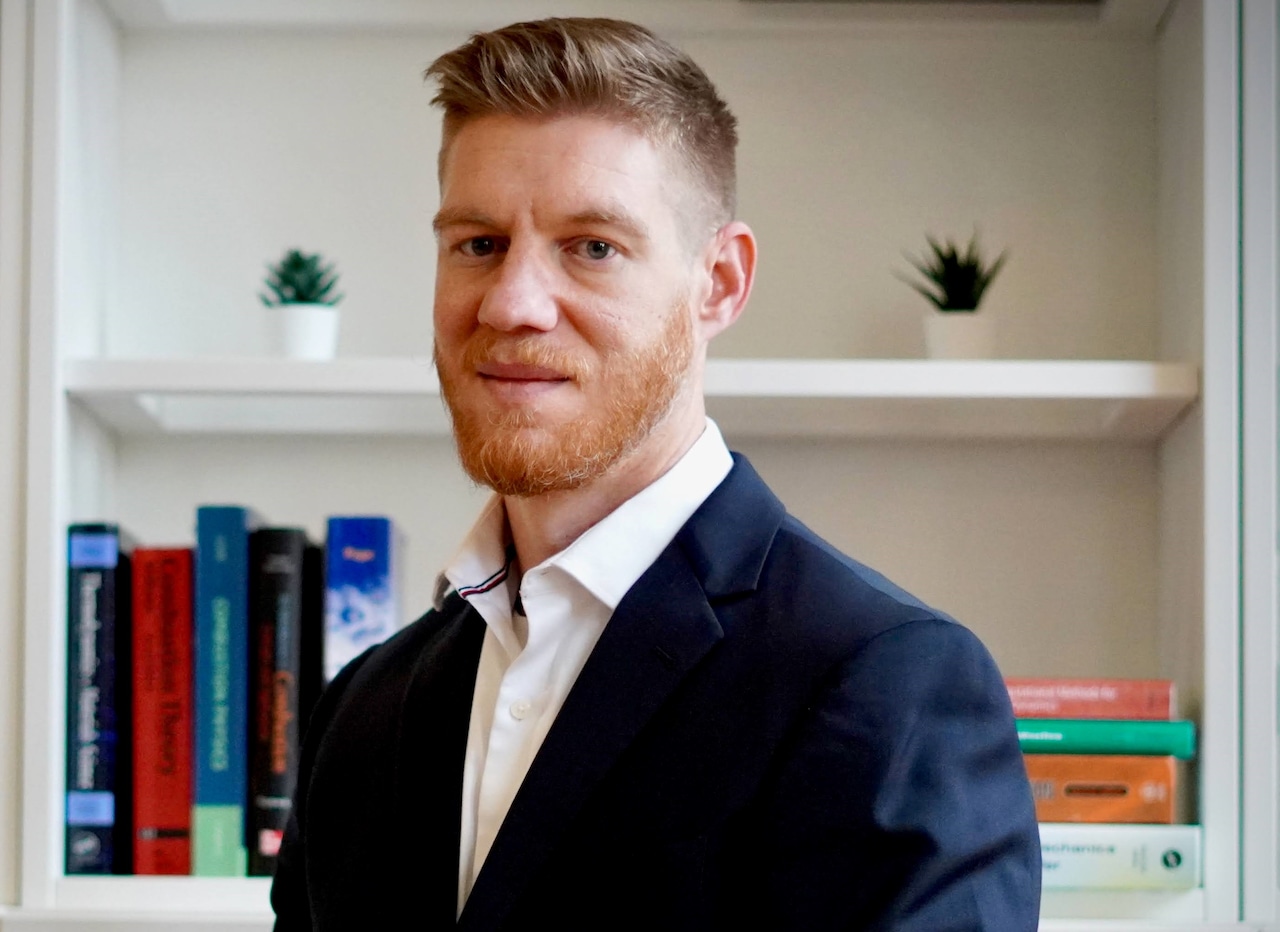Breaking: Syracuse Scientist Clinches Prestigious Presidential Science Honor

Dr. Brian Bojko has forged an impressive academic and professional path, culminating in his current role as a principal investigator at the prestigious Naval Research Laboratory in Washington, D.C. After completing his rigorous doctoral studies at the State University of New York at Buffalo, Bojko has established himself as a leading researcher, bringing cutting-edge scientific expertise to critical national defense and technological innovation efforts.

